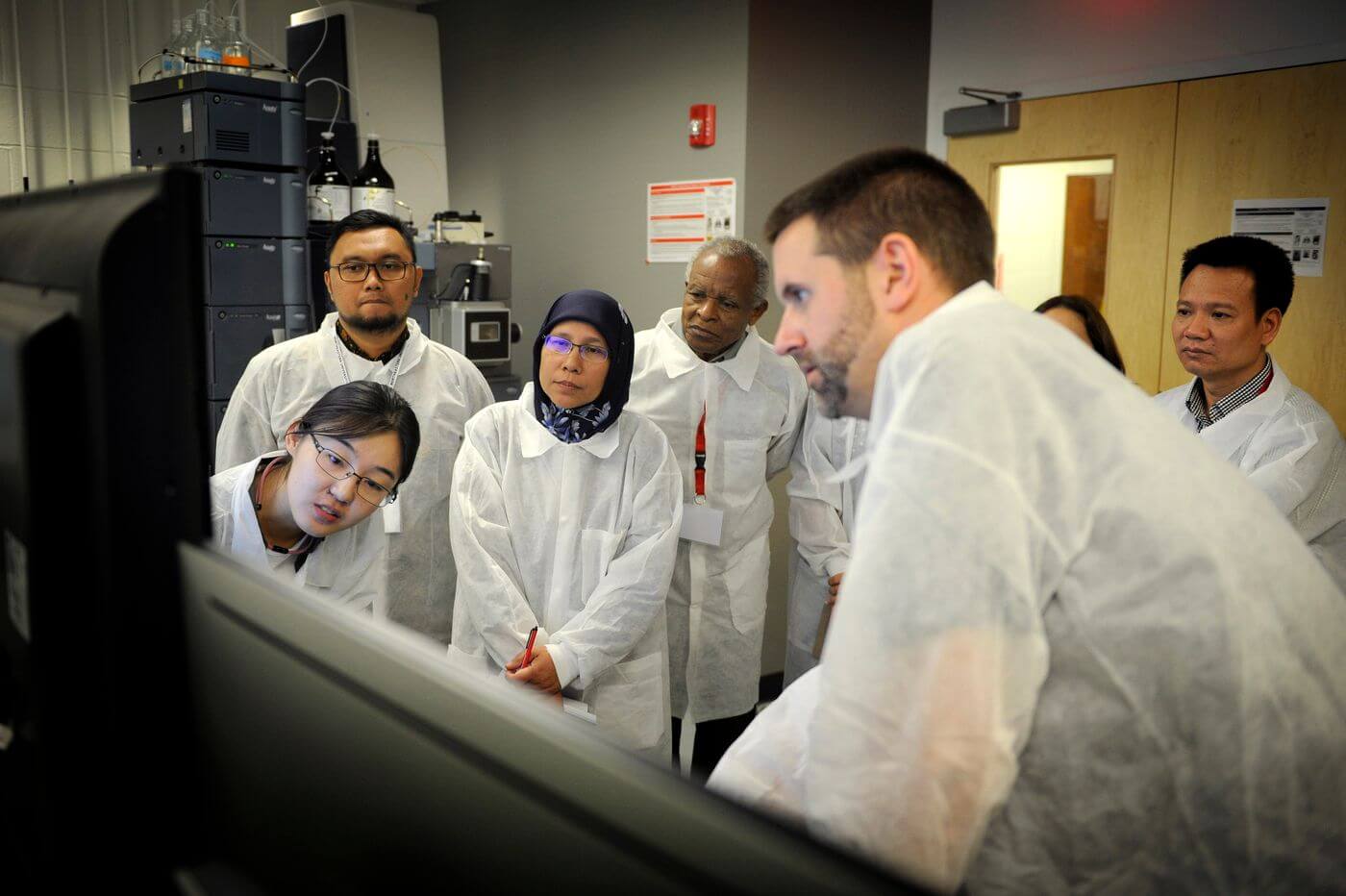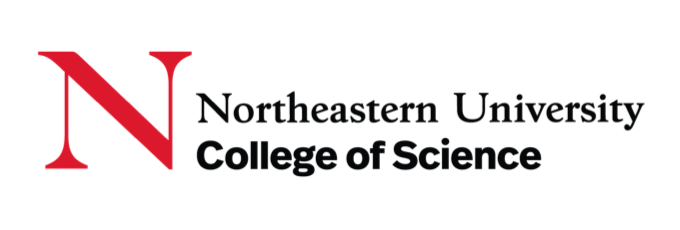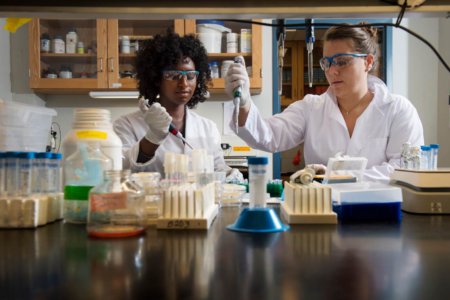The world has come a long way since Edward Jenner and Alexander Fleming harnessed the power of biotechnology to discover vaccines and antibiotics, respectively. Many have followed in their footsteps with innovations combating rare diseases, keeping our planet livable, the hungry fed, our energy cleaner, and industrial manufacturing processes safer.
The best, most recent example that highlights biotechnology’s importance is the handling of the unprecedented COVID-19 pandemic. What would we have done if the US Centers for Disease Control (CDC) was incapable of releasing its SARS-CoV-2 molecular diagnostic test to the world? Would we be slowly but steadily returning to normalcy today if vaccines still took over 10 years to be researched, tested, developed, and released?
While we have modern biotechnology to thank for continuously bettering our lives, periods of uncertainty have opened our eyes to two facts. Firstly, there is still much to be done to prepare for the unknown. Secondly, the power of science cannot be understated.
The Northeastern University College of Science has launched the innovative Experiential Master of Science in Biotechnology. It is designed to meet the needs of an ever-evolving industry and to provide in-demand skills, including technical, business, regulatory, and data analysis that turn students into well-rounded professionals poised for leadership roles.
This accelerated program was developed as an answer to global industry demand for a work-inspired graduate program. At the foundation of this new accelerated degree is is its experiential components, enabling graduate students to participate in applicable, real-world opportunities. It is available on-site at Northeastern University’s Boston, Massachusetts campus.
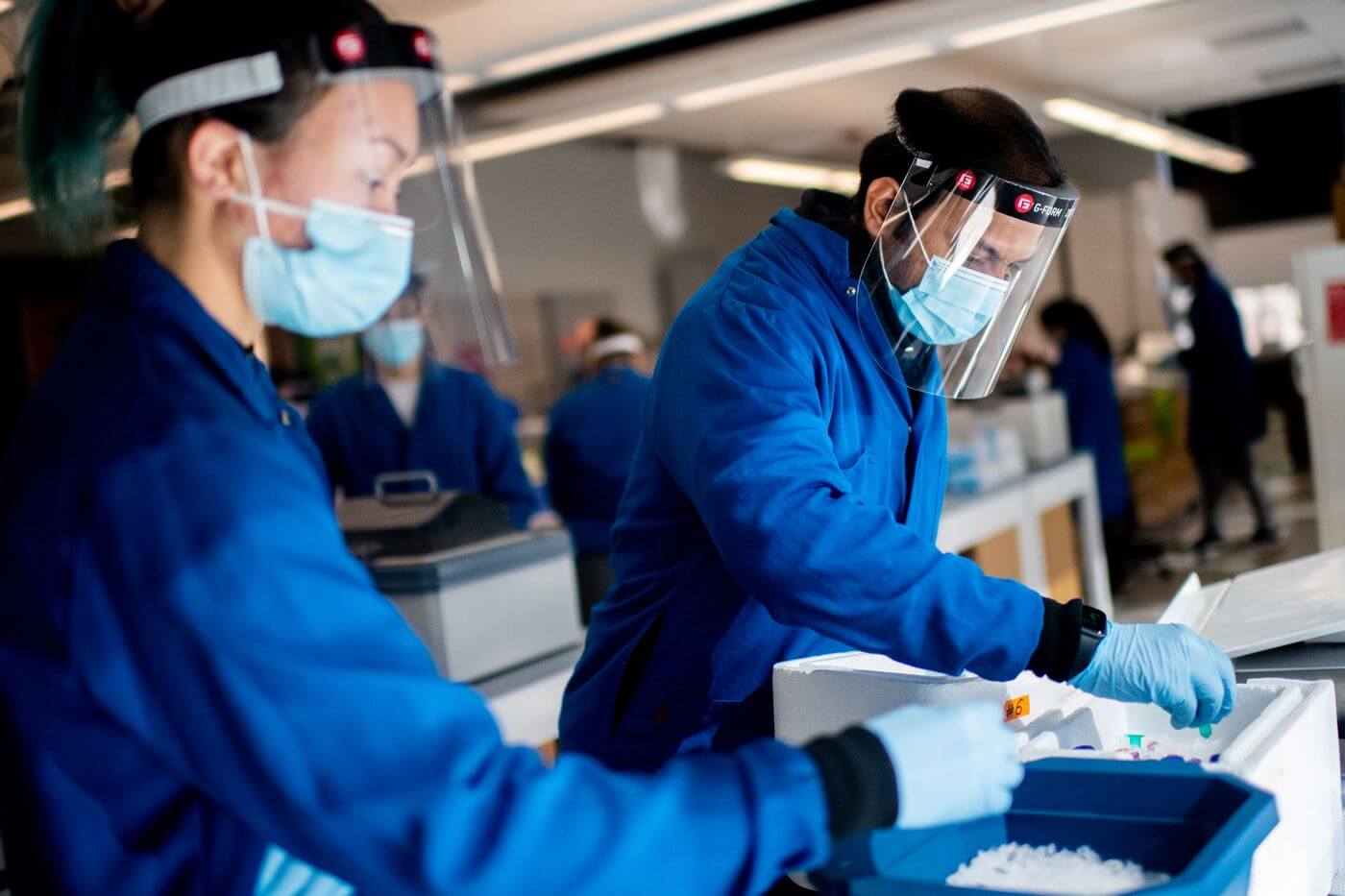
This program can be completed in a year, saving about 25% of the cost of the traditional two-year master’s program. Photo by Matthew Modoono/Northeastern University
Facilitated by an impressive lineup of industry experts, the early exposure helps tomorrow’s experts develop the necessary skills to fast-track a career in today’s biotech workplace. The best part? It can be completed in a year, saving about 25% of the cost of a traditional two-year master’s program . Upon completion, students will be ready to stand out in a competitive talent pool of aspiring world-changers.
To prepare for their careers, students assume the roles of professionals. The three-semester Experiential Master of Science in Biotechnology’s intensive, work-based, experience-driven approach means students will apply technical, problem-solving, and critical thinking skills learned in classrooms as they go.
There are two signature lab courses, a co-op, and a Capstone project — each of which provides stellar opportunities to illuminate CVs and portfolios with work experience.
“The one-year Experiential Master of Science in Biotechnology is a truly integrative program between industry and the curriculum — preparing students for the biotech jobs of today and tomorrow,” says Jared Auclair, Associate Dean and Associate Professor of Biotechnology.
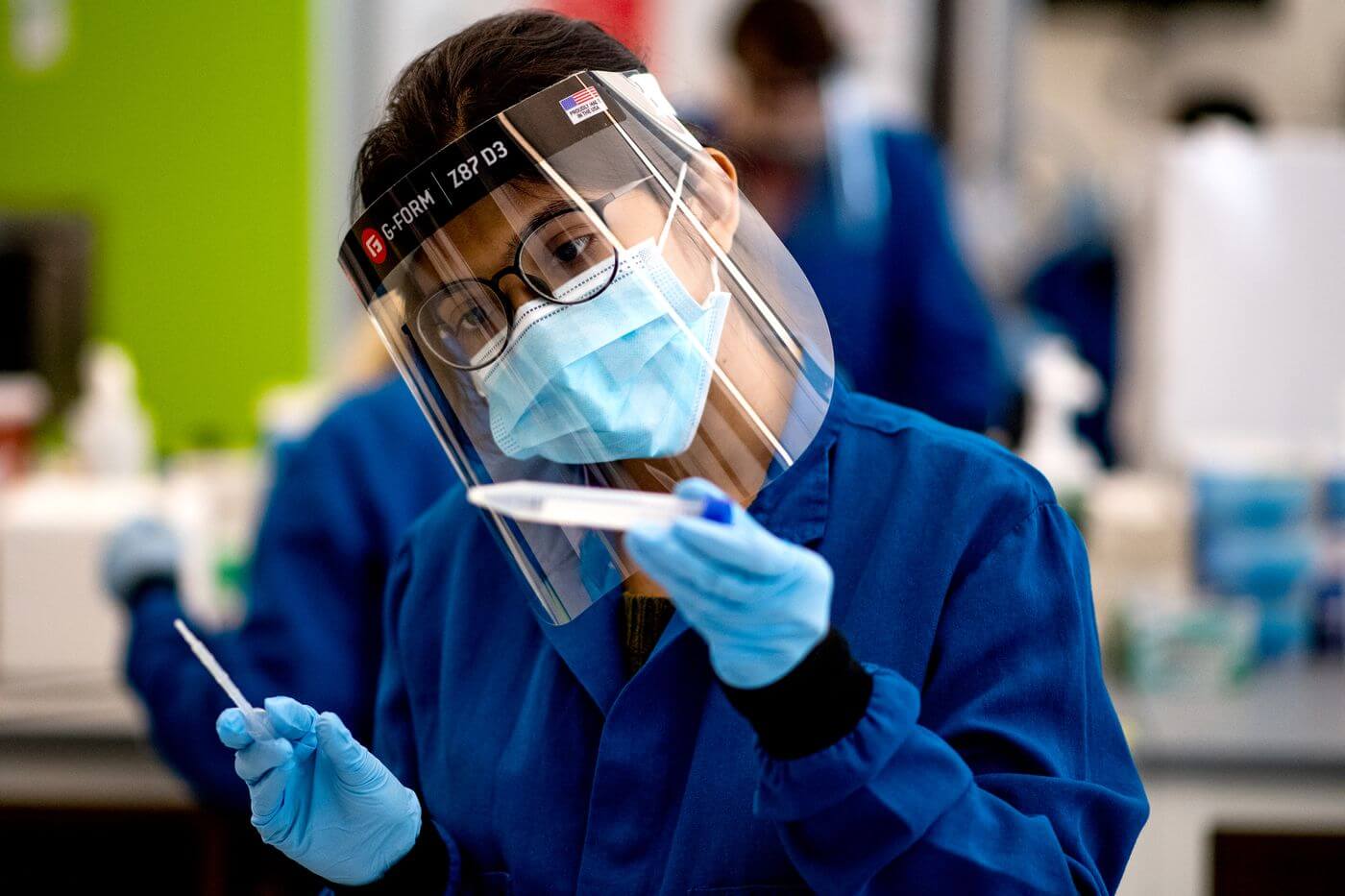
Northeastern University ensures its offerings are more inclusive to the breadth of work available in the booming field of biotech. . Photo by Matthew Modoono/Northeastern University
While most universities focus on biopharmaceutical and drug development spaces, Northeastern University College of Science has made it a point to ensure offerings are more inclusive to the breadth of work available in the booming field of biotech.
Experiential, work-based, opportunities exist in: Agricultural Biotechnology; Biodefense; Molecular Biotechnology; Process Sciences; Manufacturing and Quality Operations; Biopharmaceutical Analytical Sciences; Pharmaceutical Technologies; Scientific Information Management; Biotechnology Regulatory Science; and Biotechnology Enterprise.
“When I first applied to biotechnology programs, I had a very specific goal in mind. I came in with the intention of becoming a research scientist and refused to consider anything else,” says Apoorva Chaloori, a biotechnology student who recently completed a co-op with GSK Boston. “Professor Christa Dhimo challenged me and opened my mind to all the other possible career paths I had available to me…and took the time to help us understand that Biotechnology is more than just time in the lab. The program taught me to be open minded about what I am capable of and the professors helped me find a career path that I wasn’t even aware I wanted to pursue.”
Northeastern University is designated an research institution with a network of more than 275,000 alumni and over 3,350 employer partners that include Fortune 500 companies, government agencies, and global non-governmental organizations.
With access to connections and the various networking opportunities made available during a Northeastern University education, every graduate student can capitalize on the explosive growth and career opportunities in the biotechnology field. To join them and take your career to the next level, click here to apply now.
Follow Northeastern University College of Science on Facebook, Twitter, Instagram, YouTube, and LinkedIn

